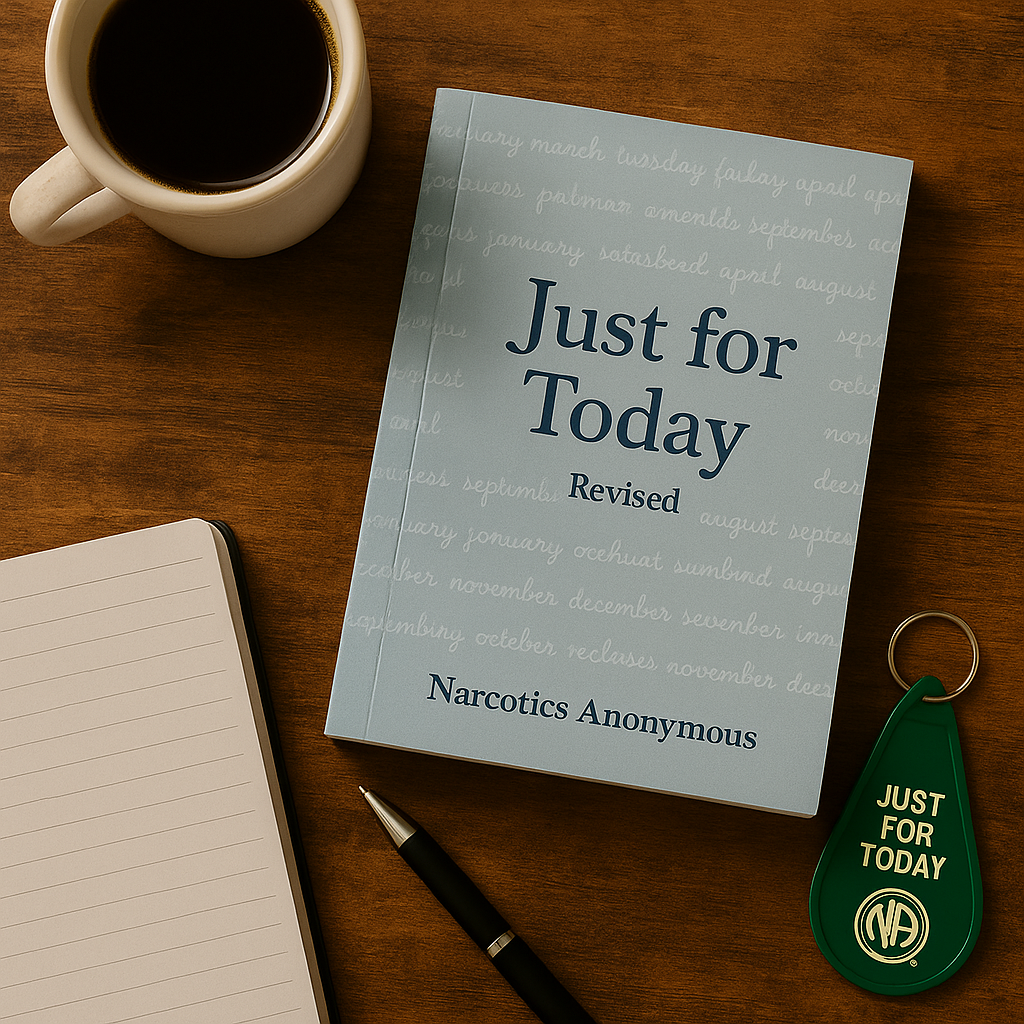Step 4: Facing My Past with Courage and Honesty
/I remember the moment when my sponsor told me to make my inventory. I was filled with anxiety, wondering how I could possibly face the darker parts of my past. How could I possibly write some of these things down — let alone tell them to another human being. But I knew that in order to stay sober and find lasting freedom, I had to confront the things that had caused so much pain. So, with a deep breath and a prayer to my Higher Power, I began to write.
One of the first things I noticed as I started my inventory was the recurring theme of dishonesty in my life. I had lied to my family, friends, and even myself about the severity of my problem and the lengths I was going to hide it . This realization was painful, but it was also eye-opening. I knew that in order to change, I had to be honest with myself and those around me.
As I continued working on my inventory, I began to uncover other patterns of behavior that had contributed to my disease. For example, I realized that I had a blamed others for my problems, rather than taking responsibility for my actions. Everything was someone else’s fault. This was a difficult truth to accept, but I knew that acknowledging my faults was a crucial step towards healing.
One of the most difficult parts of Step 4 was facing the resentments I had been holding onto for years. As I listed the people, institutions, and situations that had caused me pain, I felt a surge of anger and bitterness. But I also realized that holding onto these resentments was only hurting me and keeping me trapped in my addiction.
Through working on Step 4, I learned the importance of self-awareness and accountability. I had to look at my part. By examining my past actions and their consequences, I was able to gain a better understanding of myself and the patterns that had led to resentments, fears and shame. This knowledge was invaluable in helping me to take responsibly for my life and make the changes that were needed if I every wanted to be free of these negative emotions.
I won't lie – working through Step 4 was an emotional and challenging process. But it was also a transformative one. By facing my past with courage and honesty, I was able to let go of the shame and guilt that had been weighing me down for years. In its place, I found a newfound sense of self-acceptance and self-compassion.
If you're about to embark on Step 4, I encourage you to approach it with an open heart and a willingness to learn from your past. Remember that you're not alone in this journey – your Higher Power, sponsor, and fellow AA members are here to support you. Trust in the process, and you'll emerge from Step 4 with a stronger foundation for lasting recovery.





